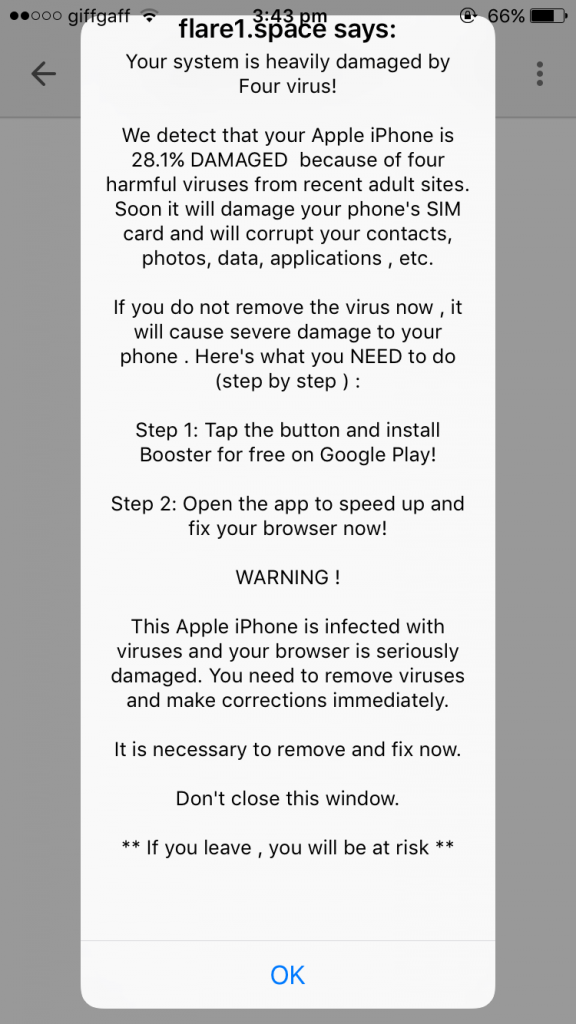The Google Chrome browser is now available as an Apple M1 native application, for those of you lucky enough to have M1 Mac Mini, Macbook Air, or Macbook Pro systems. (If you've been living under a rock for the last few weeks, the M1 is Apple's newest in-house-designed ARM silicon, which the company began selling in traditional form-factor laptops and Mac Minis for the first time this week.)
If none of the solutions listed above managed to get Google Chrome working on your iPhone, try re-installing it. One useful feature iOS offers is the option to Offload apps. This allows you to delete the app from the storage, but preserve its data and documents, so you don't need to log in or set it up again once you install the app back. Counterintuitive and unproductive!! I really wanted to like the Chrome app for iOS but it turned out to be counter productive. I use a lot of other Google apps over Apple (notable Gmail and Google Maps) and after a lot of prompting from those apps to use Chrome when pushing to Safari, I decided to give it a try. Chromecast enabled apps let you stream movies, music and videos to your TV from your Pixel phone, Google Home, Pixel Slate or other device.
Google presents Chrome for download as either an x86_64 package or an M1 native option—which comes across as a little odd, since the M1 native version is actually a universal binary, which works on either M1 or traditional Intel Macs. Presumably, Google is pushing separate downloads due to the much smaller file size necessary for the x86_64-only package—the universal binary contains both x86_64 and ARM applications, and weighs in at 165MiB to the Intel-only package's 96MiB.

Performance
In our earlier testing, we declared that the previous version of Google Chrome—which was available only as an x86_64 binary and needed to be run using Rosetta 2—was perfectly fine. That was and still is a true statement; we find it difficult to believe anyone using the non-native binary for Chrome under an M1 machine would find it 'slow.' That said, Google's newer, ARM-native .dmg is available today, and—as expected—it's significantly faster if you're doing something complicated enough in your browser to notice.The first benchmark in our gallery above, Speedometer, is the most prosaic—the only thing it does is populate lists of menu items, over and over, using a different Web-application framework each time. This is probably the most relevant benchmark of the three for 'regular webpage,' if such a thing exists. Apple cordless mouse. Photo to video software, free download for windows 7. Speedometer shows a massive advantage for M1 silicon running natively, whether Safari or Chrome; Chrome x86_64 run through Rosetta2 is inconsequentially slower than Chrome running on a brand-new HP EliteBook with Ryzen 7 Pro 4750U CPU.
AdvertisementGoogle Chrome App For Apple

Performance
In our earlier testing, we declared that the previous version of Google Chrome—which was available only as an x86_64 binary and needed to be run using Rosetta 2—was perfectly fine. That was and still is a true statement; we find it difficult to believe anyone using the non-native binary for Chrome under an M1 machine would find it 'slow.' That said, Google's newer, ARM-native .dmg is available today, and—as expected—it's significantly faster if you're doing something complicated enough in your browser to notice.The first benchmark in our gallery above, Speedometer, is the most prosaic—the only thing it does is populate lists of menu items, over and over, using a different Web-application framework each time. This is probably the most relevant benchmark of the three for 'regular webpage,' if such a thing exists. Apple cordless mouse. Photo to video software, free download for windows 7. Speedometer shows a massive advantage for M1 silicon running natively, whether Safari or Chrome; Chrome x86_64 run through Rosetta2 is inconsequentially slower than Chrome running on a brand-new HP EliteBook with Ryzen 7 Pro 4750U CPU.
AdvertisementGoogle Chrome App For Apple
Google Chrome App Apk Download For Pc
Jetstream2 is the broadest of the three benchmarks and includes workloads for data sorting, regular expression parsing, graphic ray tracing, and more. This is the closest thing to a 'traditional' outside-the-browser benchmark and is the most relevant for general Web applications of all kinds—particularly heavy office applications such as spreadsheets with tons of columns, rows, and formulae but also graphic editors with local rather than cloud processing. Chrome x86_64 under Rosetta2 takes a significant back seat to everything else here—though we want to again stress that it does not feel at all slow and would perform quite well compared to nearly any other system.
Google Chrome App Apple Store
Software to read mac external hard drive on pc. Finally, MotionMark 1.1 measures complex graphic animation techniques in-browser and nothing else. Safari enjoys an absolutely crushing advantage on this test, more than doubling even M1-native Chrome's performance. The Apple M1's GPU prowess also has an inordinate impact on these test results, with Chrome both native and x86_64 translated on the M1 outrunning Chrome on the Ryzen 7 Pro 4750U powered HP EliteBook.

